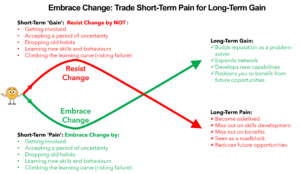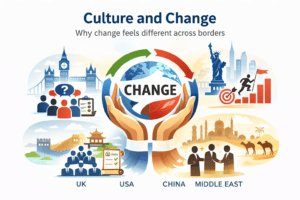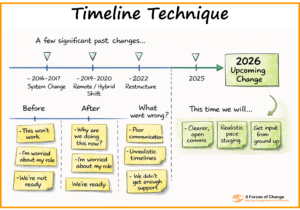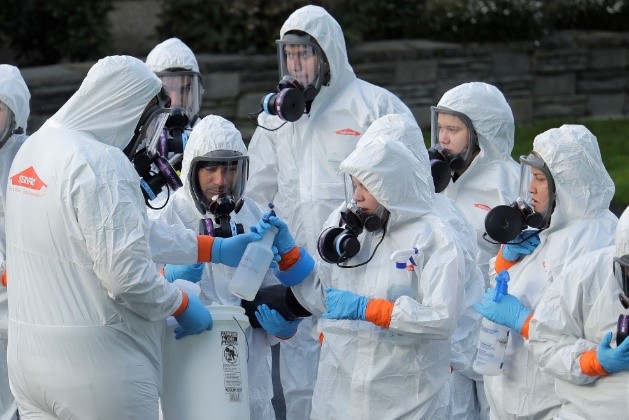
It is said that “no news is good news”. Yet, in this time of pandemic, there is an enormous craving for information; everything from statistics to conspiracy theories. At the same time, there is widespread criticism of confusing messages from government about what we should and should not do to protect ourselves from Covid-19. But it appears that “Any news is better than no news.” This is borne out by a number of research studies that have important implications all leaders, not just government ministers.

In 2016, researchers at University College London (UCL) studied the psychological impact of uncertainty. In their experiment, 45 volunteers played a computer game in which they turned over rocks that might have snakes under them. Whenever they uncovered a snake, they received a mildly painful electric shock on the hand. Over time, they learned which rocks were most likely to harbour snakes, but those odds changed throughout the experiment, generating fluctuating levels of uncertainty.
Perhaps the most intriguing finding was described as follows by lead author, Archy de Berker (UCL Institute of Neurology), “Using our model, we could predict how stressed our subjects would be not just from whether they got shocks, but how much uncertainty they had about those shocks. It turns out that it’s much worse not knowing you are going to get a shock than knowing you definitely will or won’t. We saw exactly the same effects in our physiological measures – people sweat more and their pupils get bigger when they are more uncertain.” This study, and many others, illustrate that uncertainty leads to stress, and even ill-health*. It’s the not knowing that’s the hardest.
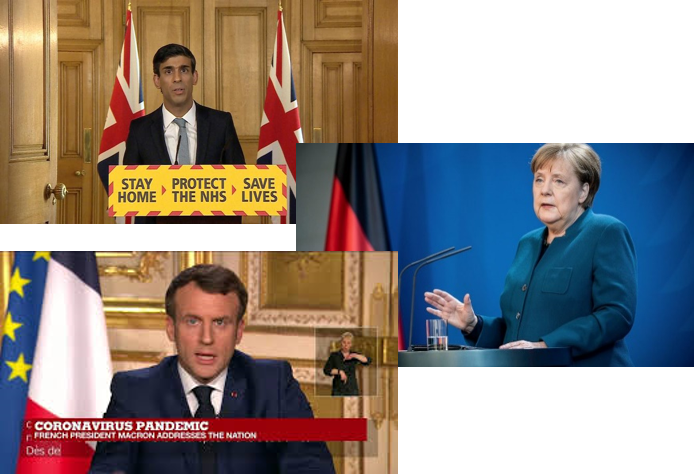
So, what are the lessons for leadership? In times of turmoil and confusion, we look to leaders for certainty. We want confident government ministers with a clear plan for overcoming the pandemic and comprehensible advice about how to keep safe. Moreover, we would sooner know the truth about the challenges we face than to have certainty undermined by sugar-coated messages that that turn out to be false.
Equally, when faced with difficult circumstances at work, such as major change, we look to leaders for a regular flow of honest, two-way communication. Nothing will set the ‘conspiracy theories’ running faster than leaders who hoard information and underestimate the importance of the unvarnished truth over silence. Tell us about the snakes we are likely to uncover along the way. It is not knowing that leads to stress and triggers resistance to change.
For more on leading change see: www.5forcesofchange.com
*For example: Mishel MH. Perceived uncertainty and stress in illness. Res Nurs Health. 1984 Sep;7(3):163-71. doi: 10.1002/nur.4770070304. PMID: 6567948.



